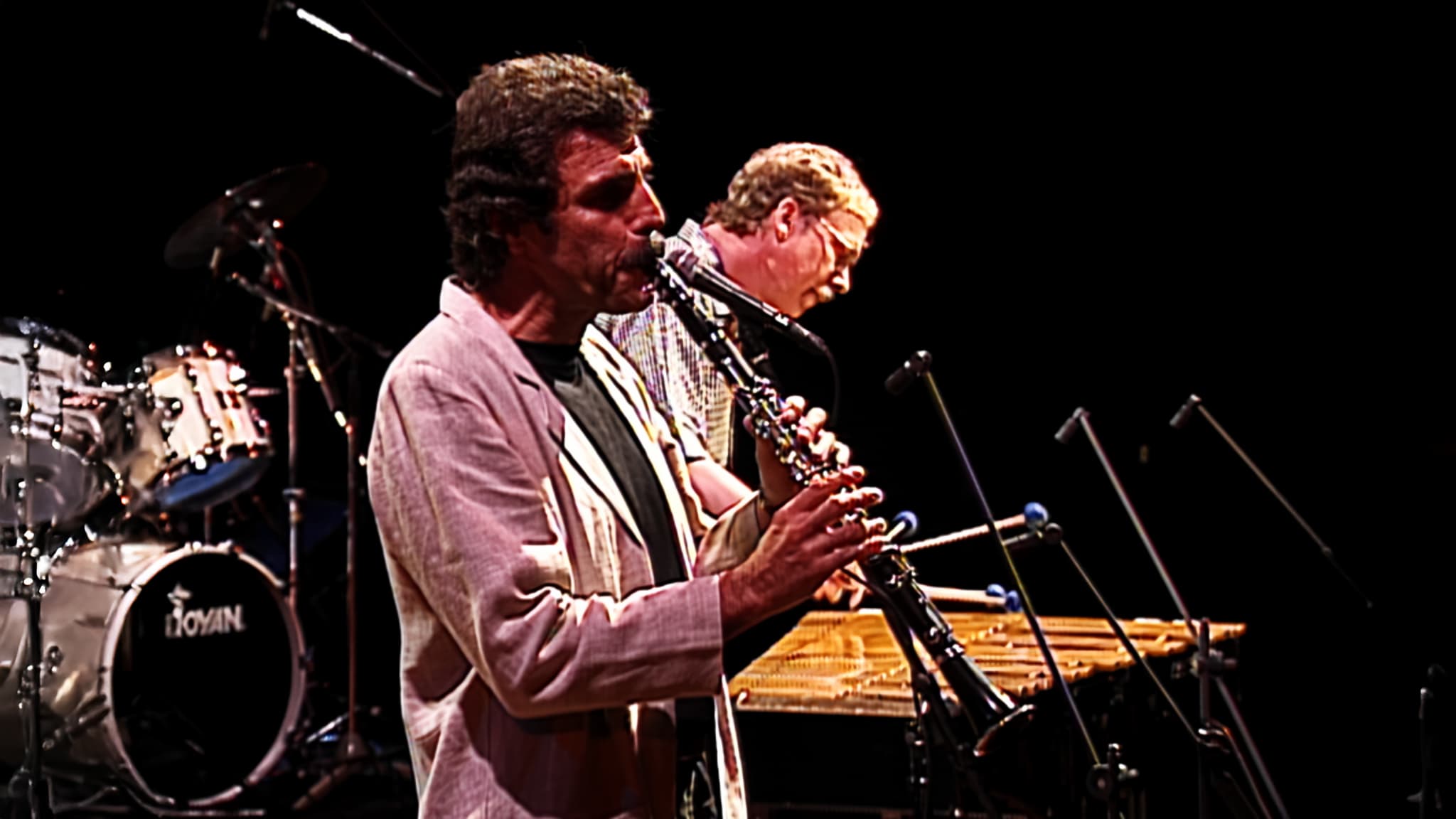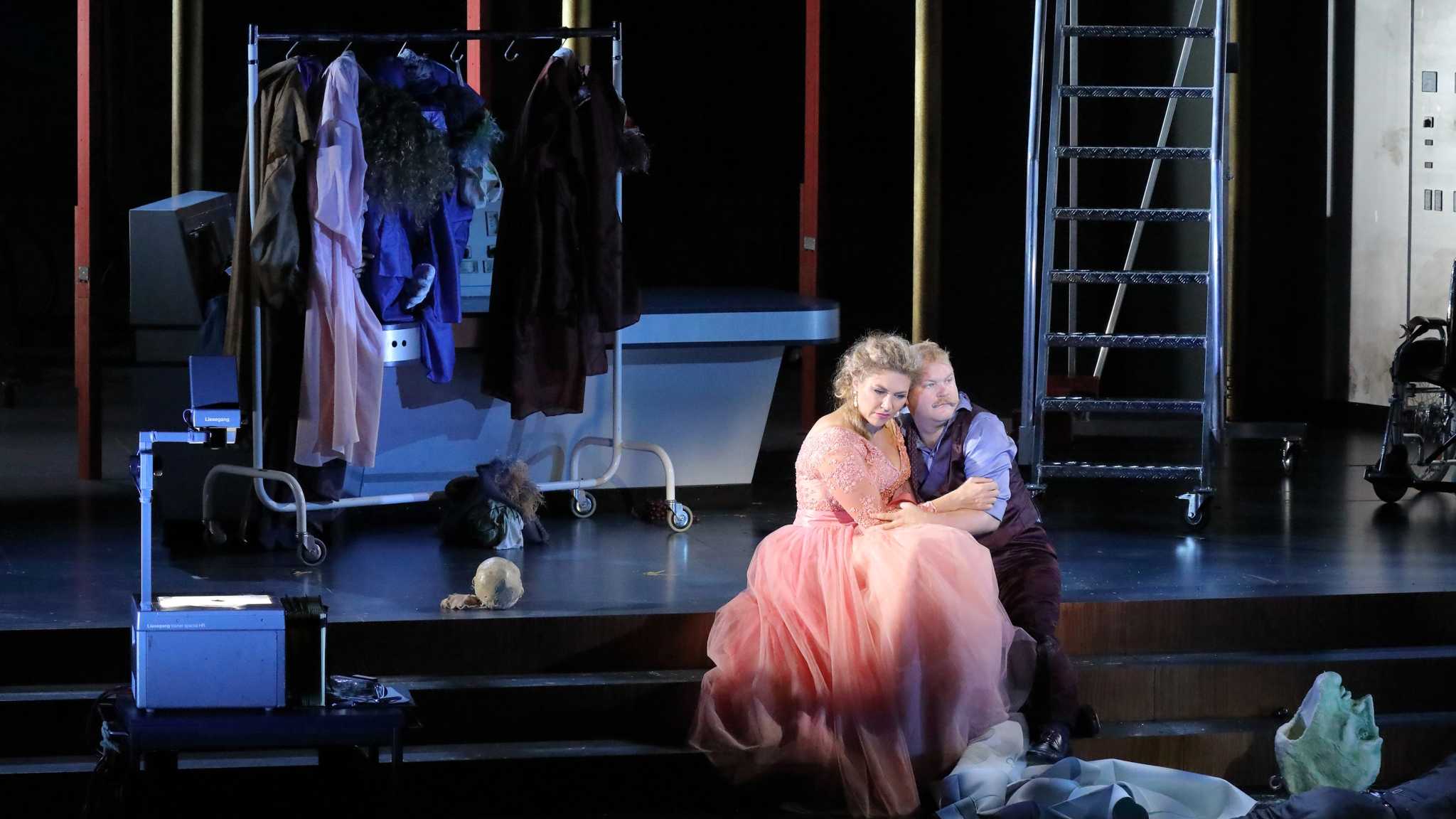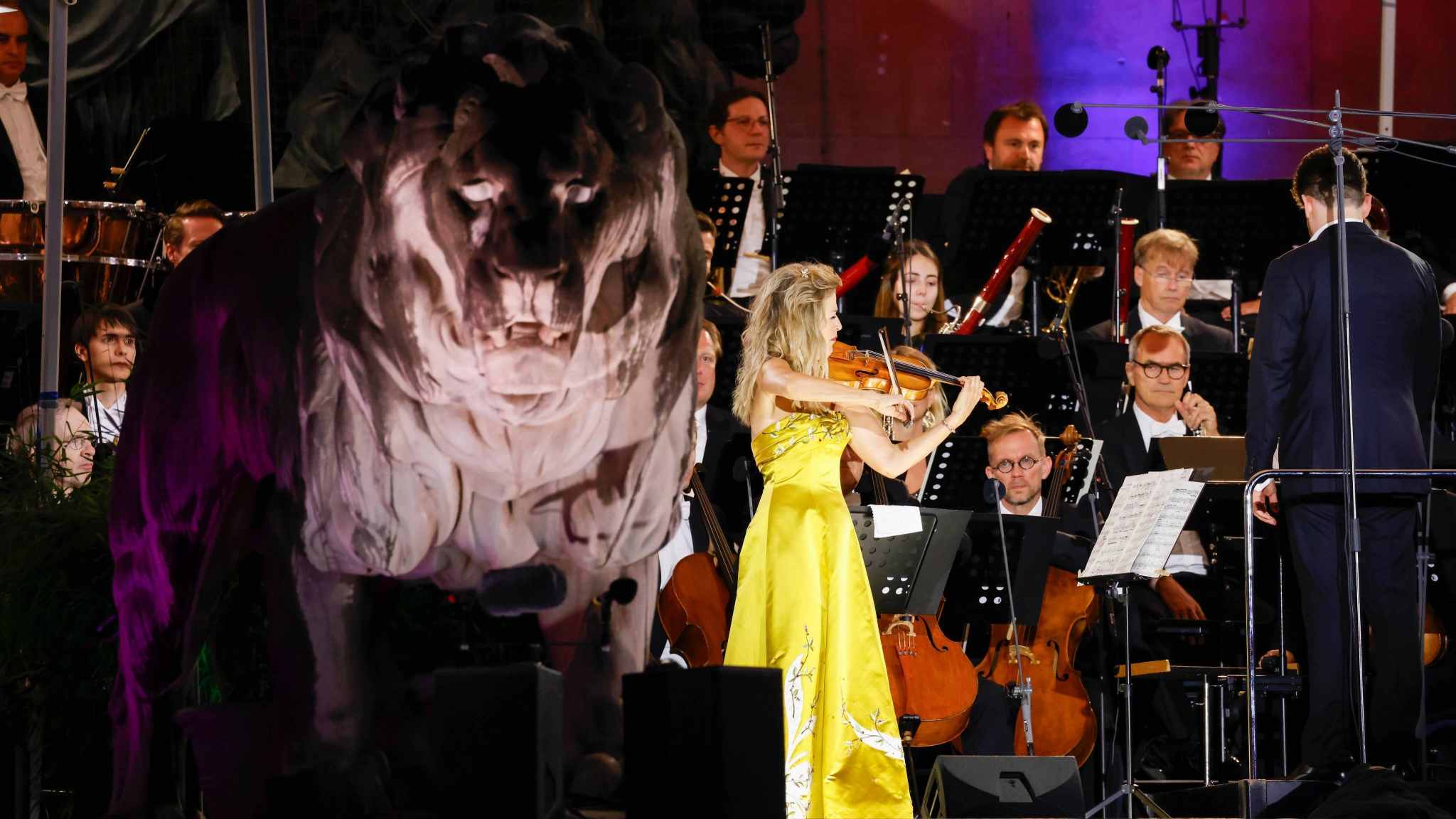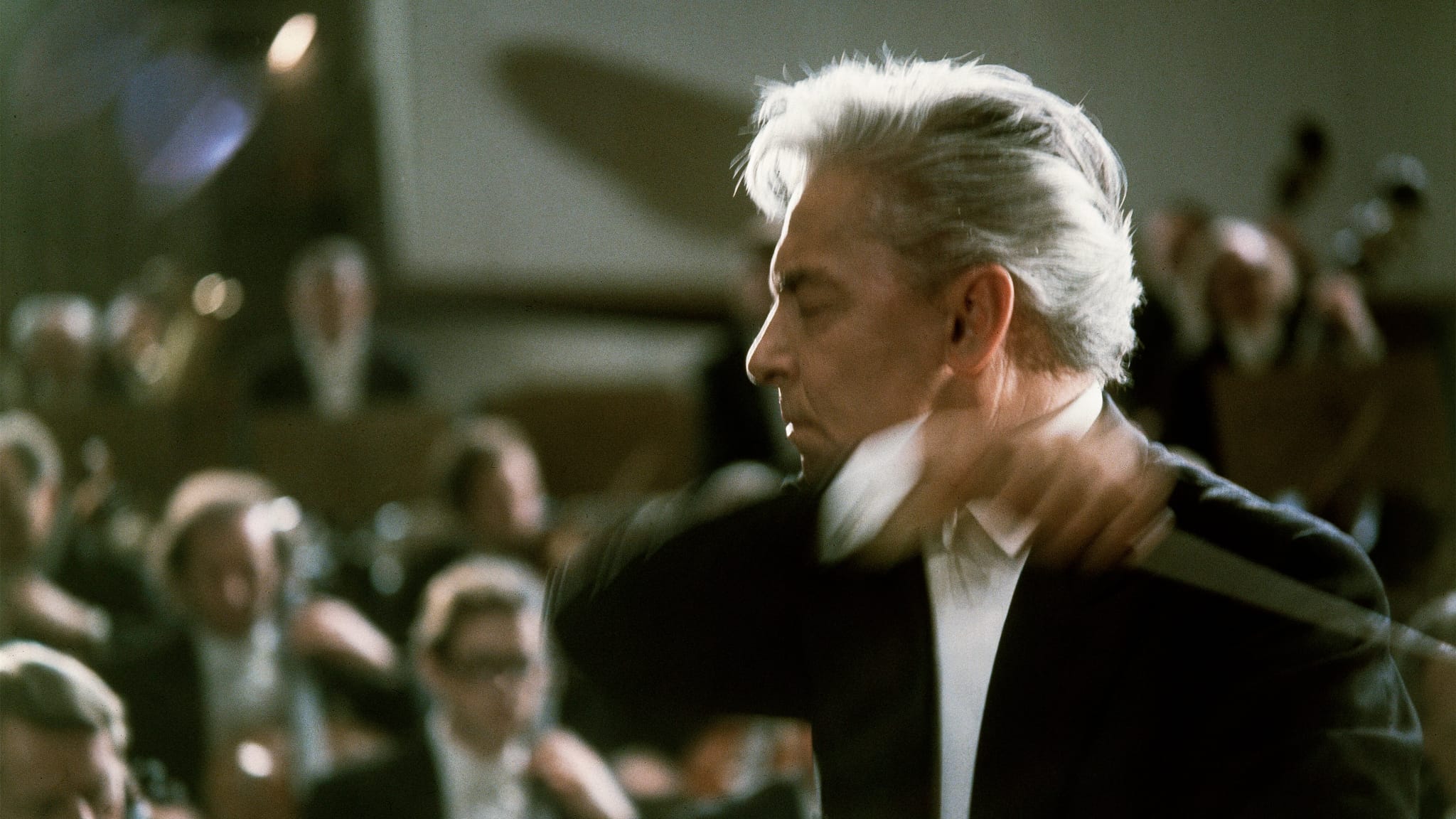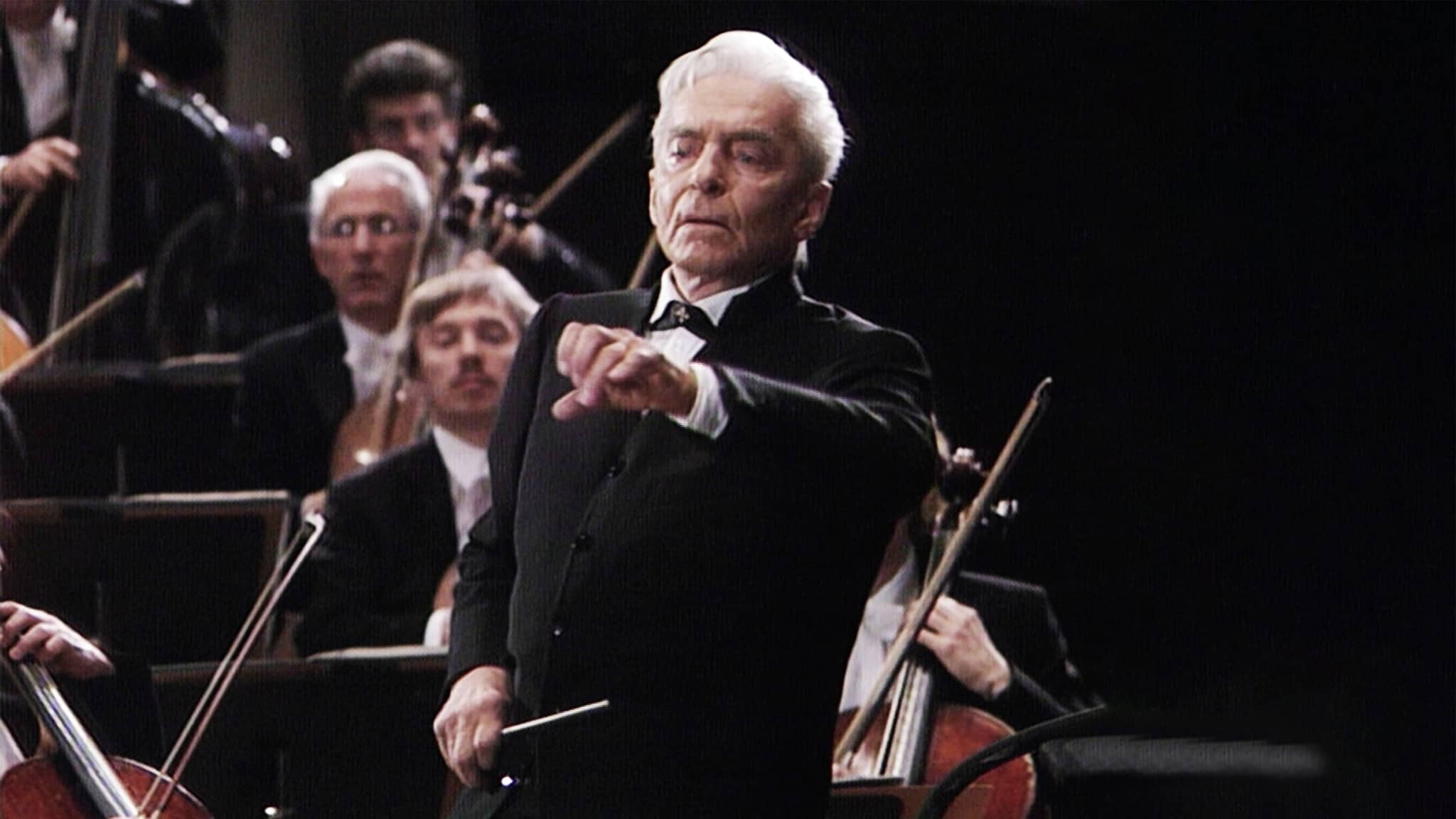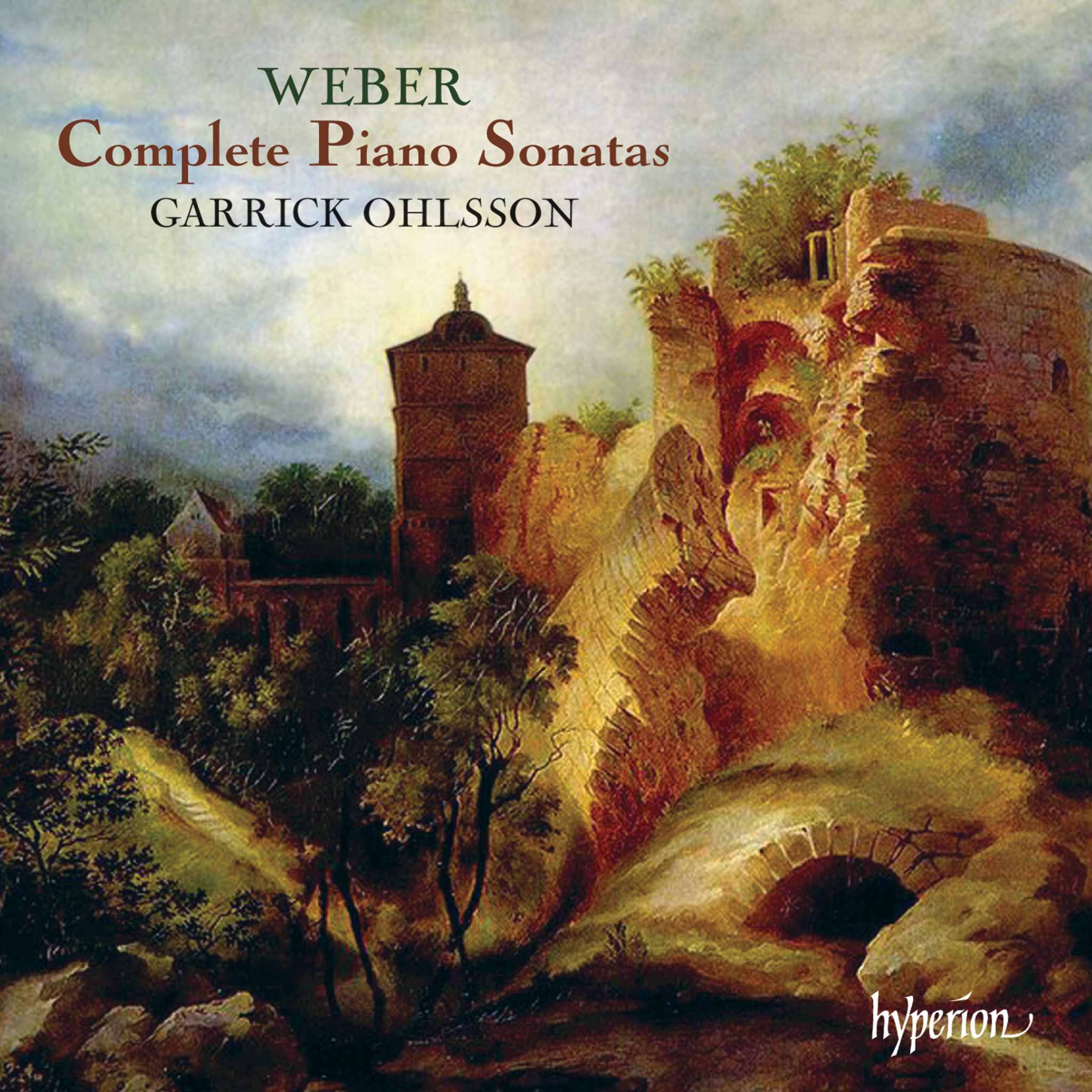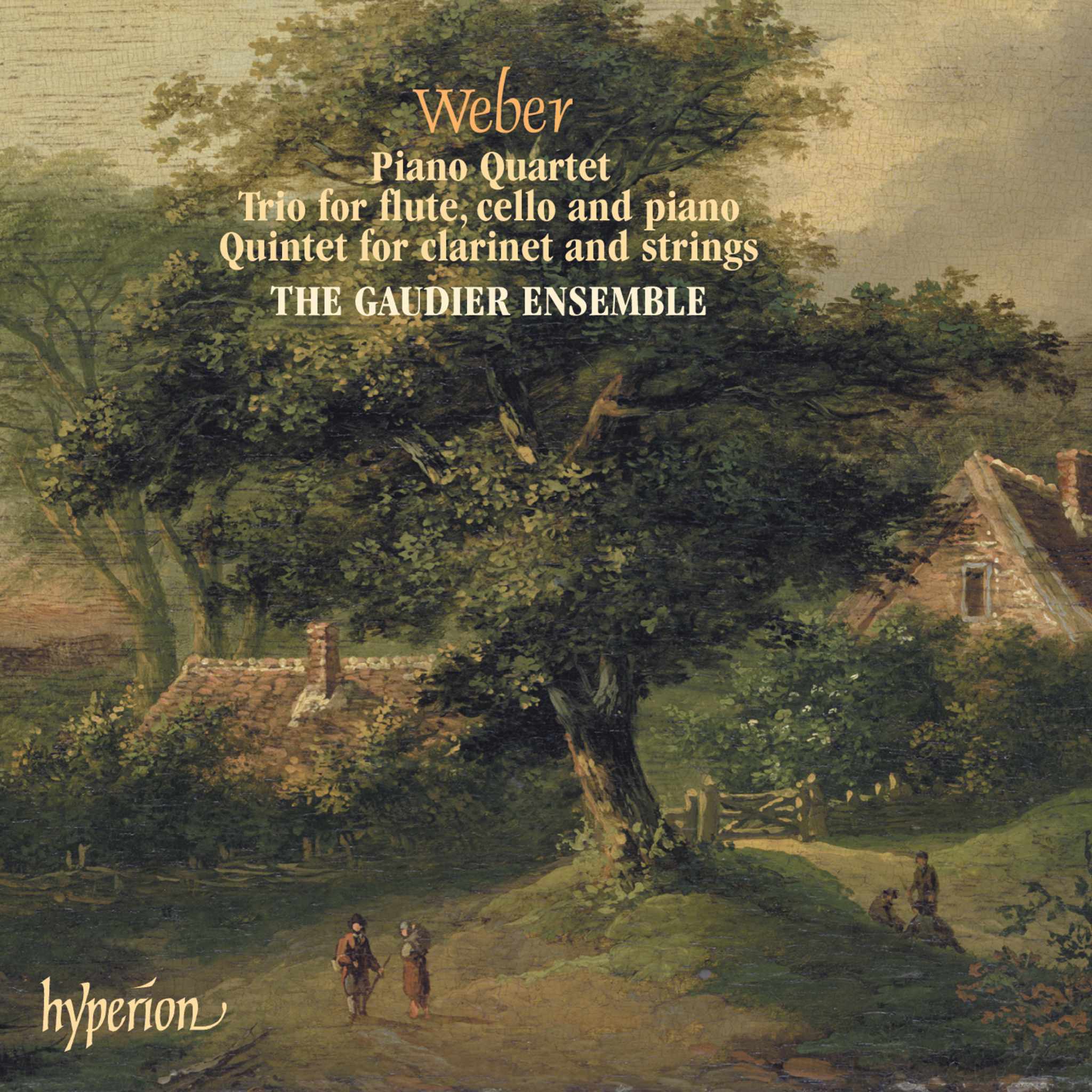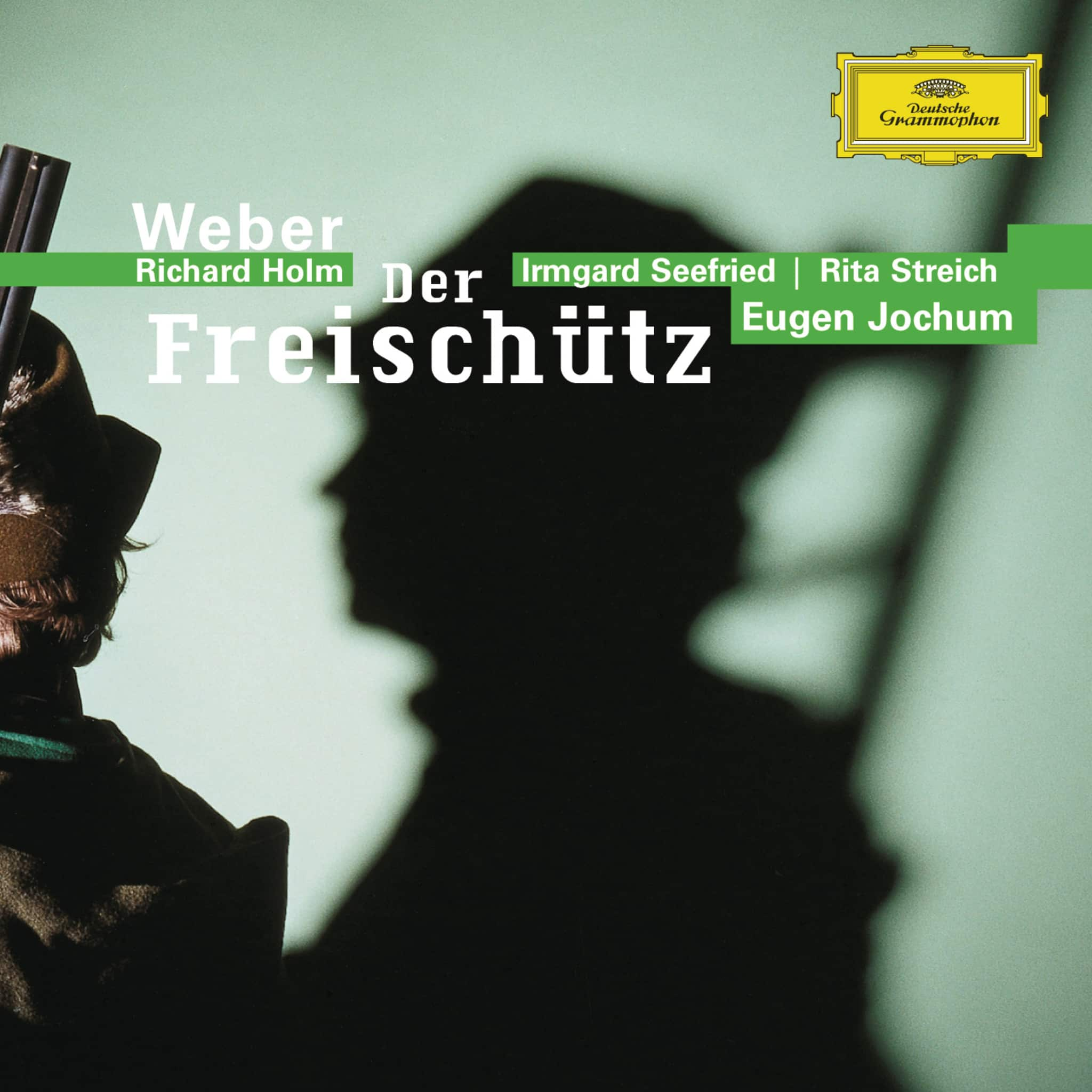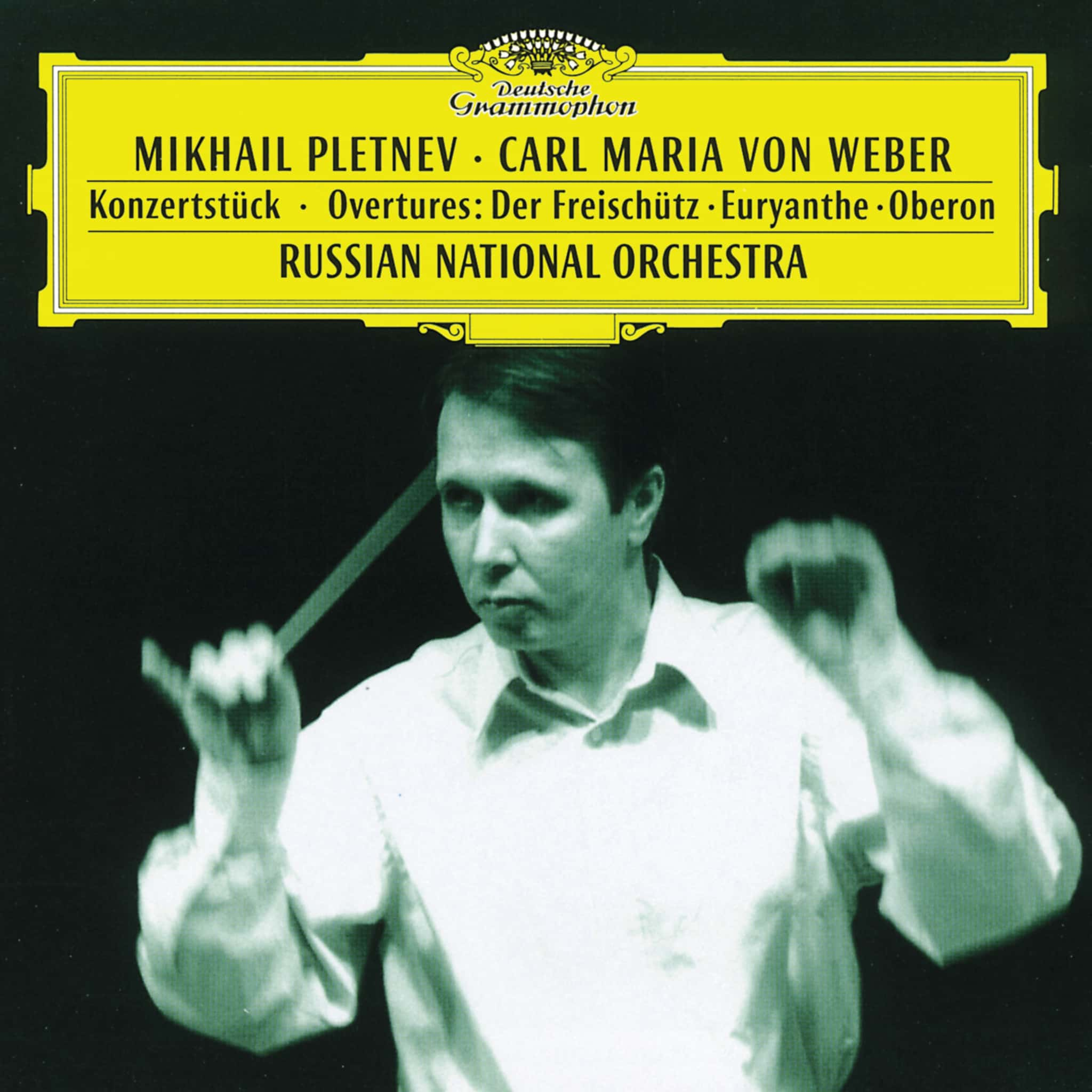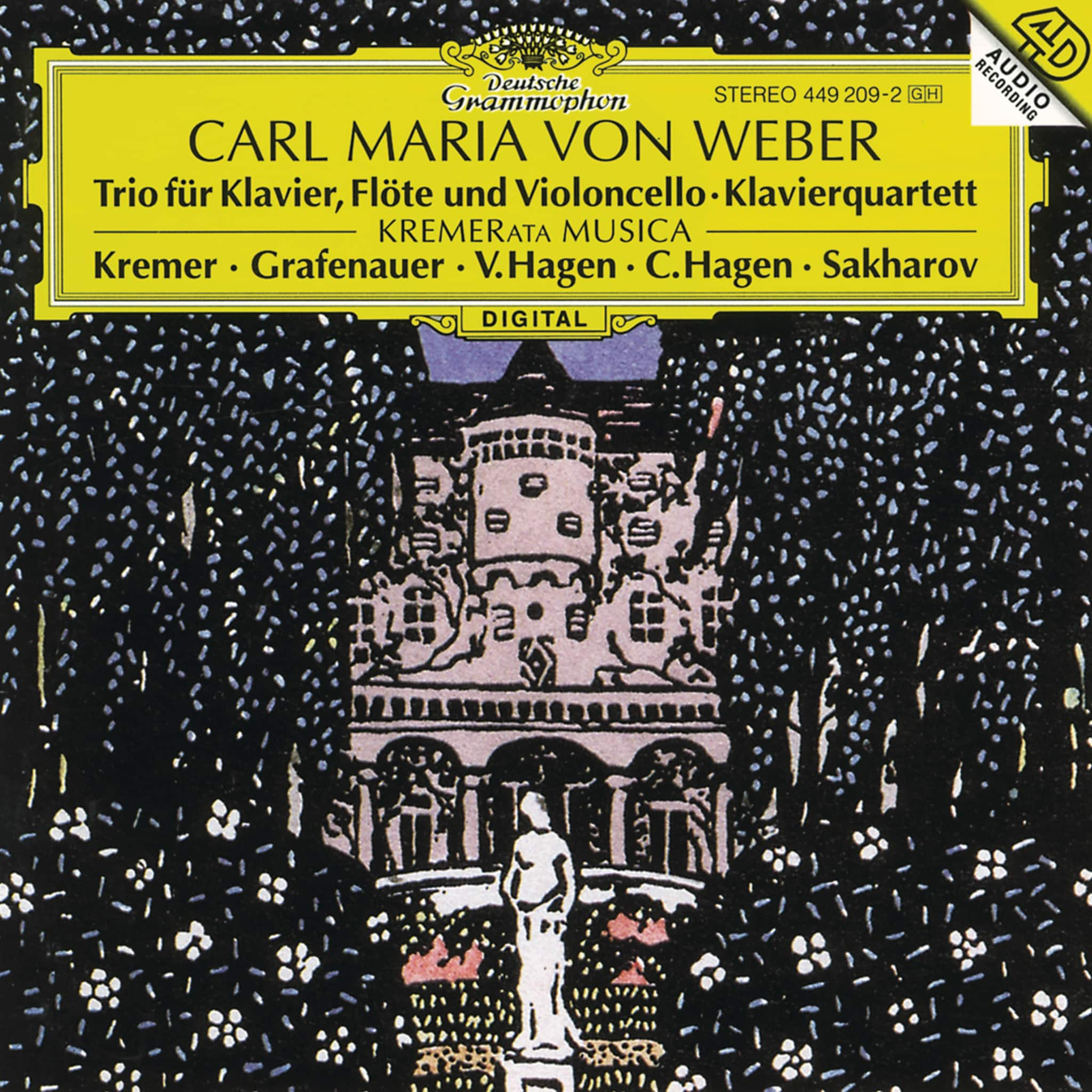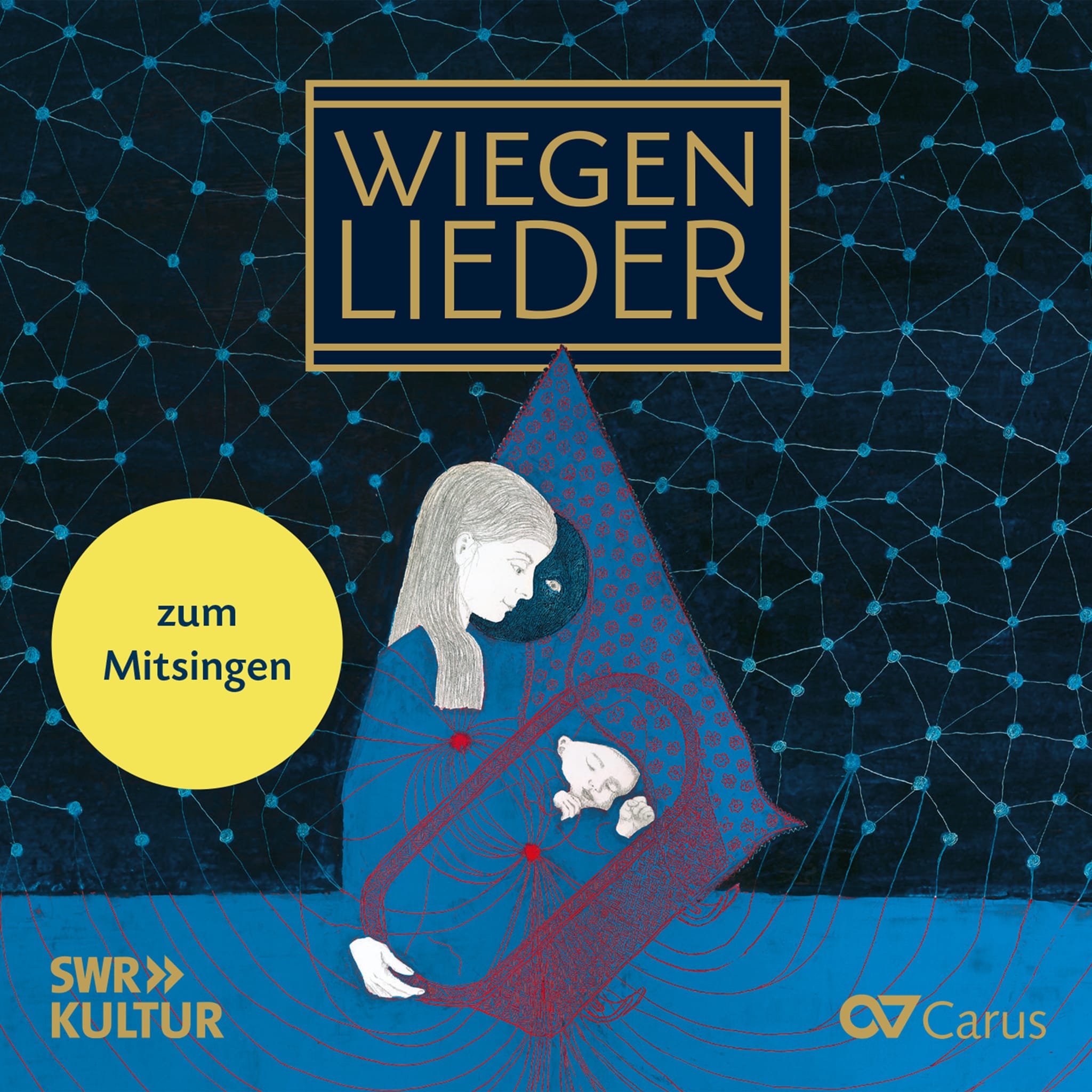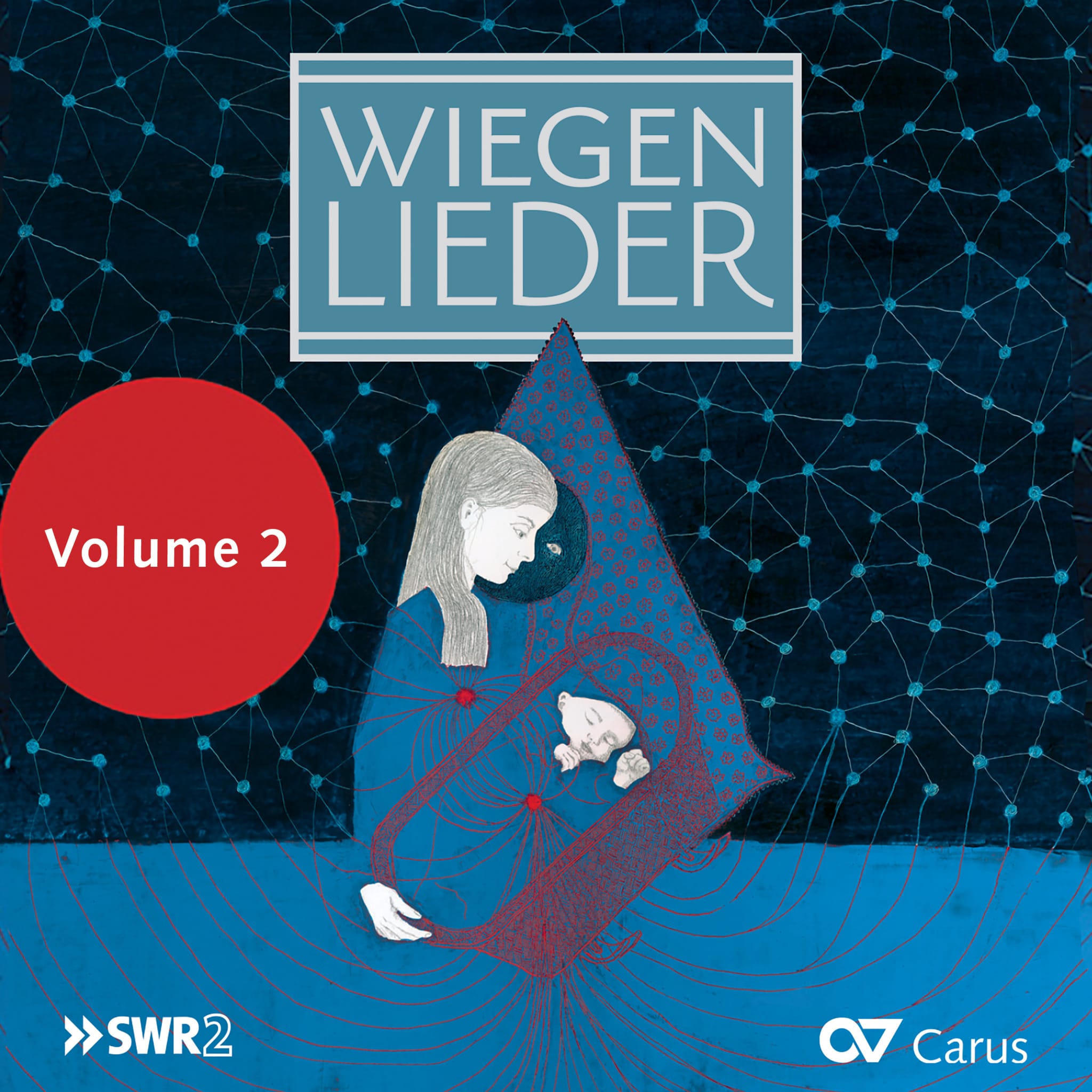The Fascinating Life and Legacy of Carl Maria von Weber
Carl Maria von Weber was a German composer, conductor, virtuoso pianist, guitarist, and critic, widely recognized as one of the first significant composers of the Romantic era. Born on November 18, 1786, in Eutin, Germany, Weber’s innovative spirit and theatrical flair positioned him as a crucial figure in the development of German Romantic opera (Romantische Oper). His most celebrated works—Der Freischütz (1821), Euryanthe (1823), and Oberon (1826)—are cornerstones of the operatic repertoire and laid the foundation for the dramatic reforms later advanced by Richard Wagner.
Weber’s musical journey was shaped by his father’s itinerant career and rigorous training with notable teachers, including Michael Haydn and the Abbé Vogler. This exposure to the stage and diverse musical traditions ignited his passion for opera and theater. In his relatively short life (he died at age 39 from pulmonary tuberculosis in London in 1826), Weber also composed acclaimed instrumental works, such as his clarinet concertos and the Konzertstück for piano and orchestra.

